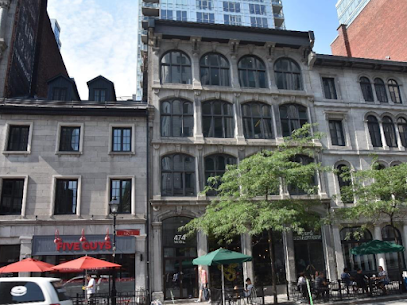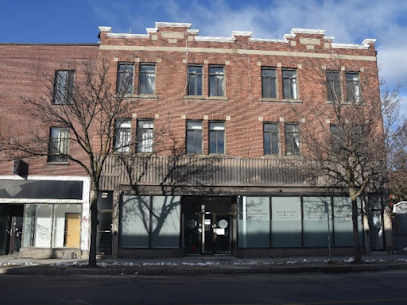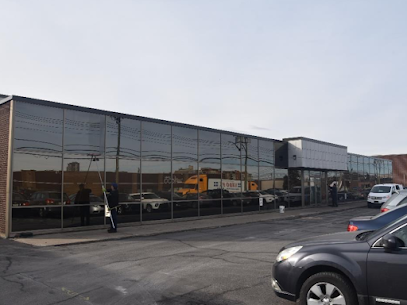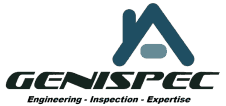
What are the differences between commercial and industrial property inspections?
Firstly, it’s essential to understand that there are two types of pre-purchase inspections offered to entrepreneurs. This makes perfect sense, given the diversity of commercial activities! Thus, depending on your industry, you will choose between:
Industrial Property Inspection
The industrial property inspection is intended for entrepreneurs considering the purchase of a factory or any other type of industrial building. Typically, these buildings are equipped with components suited for industrial operations, such as sophisticated ventilation systems or powerful electrical installations.
Commercial Property Inspection
The commercial property inspection is designed for entrepreneurs operating in the realm of services or retail products. The commercial landscape is diverse, encompassing businesses like restaurants, retail stores, etc. Structural elements and systems can widely vary in commercial spaces, but the pre-purchase inspection ensures that it is in good condition and/or there is a plan to address any deficiencies.

Why is it crucial to conduct a commercial and industrial property inspection?
Whether you’re buying a property or signing a triple net lease, inspecting a commercial or industrial building is just as crucial as inspecting a residential property. Like your home, your commercial or industrial building has plumbing, heating, and electrical systems that must be meticulously inspected to uncover any hidden issues. Without these checks, these problems could become a financial burden for your business. In this article, we will review the key aspects of commercial and industrial property inspections, their importance, and how inspections conducted by Genispec can help you maintain your new property in top condition.
What does a commercial and industrial building inspection entail?
In simple terms, a commercial and industrial property inspection involves assessing the overall condition of a building to identify any potential issues. It can reveal damaged roofs, water infiltration problems, heat loss issues, or foundation cracks. This inspection allows the buyer to fully understand the actual condition of the building before purchase. That’s why the OACIQ (Organisme d’autoréglementation du courtage immobilier du Québec) strongly recommends having your property inspected before purchase for maximum protection. Genispec’s structural engineers can assist you in this process, helping you discover the importance of commercial and industrial property inspections.

What can you expect from a commercial and industrial building inspection with Genispec?
At Genispec, inspections of commercial and industrial buildings are carried out thoroughly by structural engineers who are members of the Ordre des ingénieurs du Québec (OIQ). These industrial and commercial property inspectors offer an analysis of both interior and exterior elements, including the roof, parking, foundations, insulation, ventilation, building structure, heating system, plumbing, and mechanical equipment. After the inspection, Genispec provides a detailed report on the building’s condition, including recommendations for any necessary repairs, recommended timelines, and cost estimates. Additionally, Genispec’s reports meet the standards required by financial institutions for the purchase or refinancing of such properties. Genispec’s industrial and commercial property inspectors have the experience and expertise necessary to adapt their approach to your business’s specific needs. Trust our building engineers and request a free quote now for our building inspection services or our specialized reserve fund study service. A reserve fund study is a comprehensive assessment of a condominium’s physical and financial condition, identifying future repair and replacement needs to determine appropriate reserve fund contributions.
